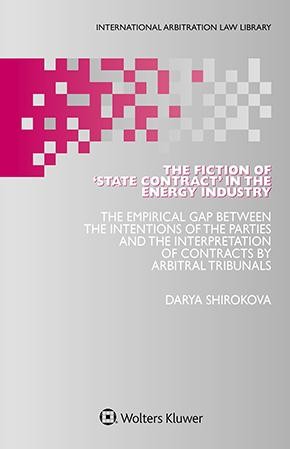
The Fiction of ‘State Contract’ in the Energy Industry is a unique book that analyses whether the signing of a state contract can be deemed the safest and most predictable way for a private party to protect its interests vis-à-vis a host state in the energy field. Contracts designed expressly to accommodate foreign energy investment and protect companies’ rights are the basis of most investor-State arbitrations when disputes over energy exploration, facilities, or distribution arise. But do the parties use such state contracts as a protection tool? The author shows that because the actual level of protection is ultimately measured by how the contract is interpreted and by the outcome of a dispute, the ‘state contract’ concept has become obsolete.
Based on recent historical and contemporary sources – primarily an empirical analysis of 501 energy contracts concluded between 1990 and 2020 between States and private parties – the book approaches the topic in the following sequence:
The contracts are examined via their regional, economic, and political characteristics – revealing notably distinctive interpretations among the Middle East and North Africa (MENA) region, the Latin American States, and the countries of the former Soviet Union – as well as according to each private party’s characteristics and the legal tradition relied upon in the arbitrations that ensue.
Despite the current push for an ‘energy transition’, it is clear that the ongoing reliance on traditional energy sources in the mid-term future will prompt energy companies to continue searching for new oil and gas reserves. Consequently, this systematic and informative study will serve as a practical guide for energy contract drafters, in-house counsel, arbitrators, government officials, and other professionals concerned with energy-related disputes arising between states and private parties.